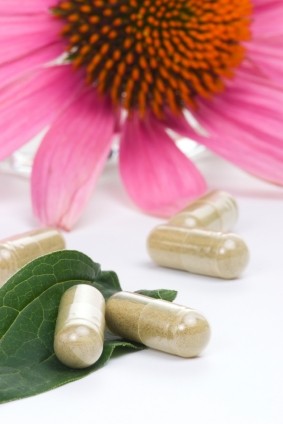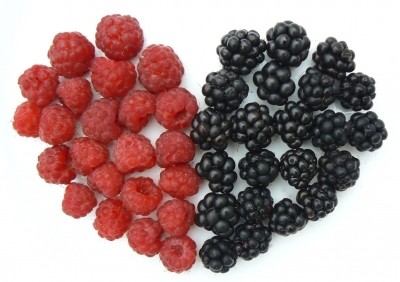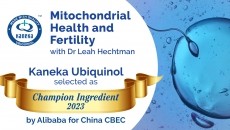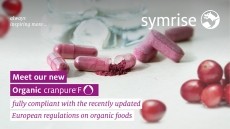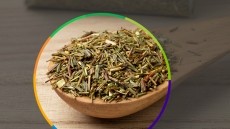“Fingers crossed” for article 13.5 acai antioxidants dossier
Sonja Hoffelner, TropExtract’s master of science nutrition said the company was being realistic about its prospects of success, especially given a limited number of trials in the dossier, and EFSA’s position that antioxidant activity is not necessarily beneficial in the body.
“There are some human intervention trials in our dossier, but only with disappointing results,” she said.
“But there is evidence that an increased dietary intake of antioxidants from fruits are associated with reduced risks of a range of disease, including for example cancer. These results may not prove causality but they do indicate that we should not turn our backs on these compounds.”
She said the company was in dialogue with EFSA about the application.
“According to EFSA’s opinion that there is no evidence provided to establish that having antioxidant activity is a beneficial physiological effect we will have to cross our fingers,” Hoffelner said.
“But we are speaking with them. Our next step is to specify the substance, which has a beneficial effect on the body. It’s an opportunity to move antioxidants forward.”
TopExtract was planning an in vivo trial that could add to the weight of evidence.
Not sufficient to predict the occurrence of an effect
Earlier this year, EFSA’s Panel on Dietetic Products, Nutrition and Allergies (NDA issued negative opinions relating to 169 dossiers that included blackcurrant juice; royal jelly; acerola; guava; various grape juices and extracts; honey; olive and olive extracts; hibiscus; chorella algae; green tea; cranberry; lingonberry; sea buckthorn oil; prunes, bananas, resveratrol; pomegranate and pine bark extract.
Other nutrients given the thumbs down included spirulina; triphala; chlorophyll; sulphoraphane glucosinolate; elderberry juice; glutathion; aged garlic; rooibos; ginseng; ginkgo biloba; cherries; echinacea ; bilberry ; curcumin and capsicum.
In its opinion the NDA stated that: “…no evidence has been provided to establish that having antioxidant activity/content and/or antioxidant properties is a beneficial physiological effect.”
It said it assumed those properties were to, “scavenge free radicals and/or to their reducing capacity.”
On the matter of protecting DNA, proteins and lipids from oxidative damage which were also claimed in the submissions, the NDA noted the absence of human studies using reliable risk factors or biomarkers.
“The evidence provided in the animal and in vitro studies submitted is not sufficient to predict the occurrence of an effect of the food(s)/food constituent(s) on the protection of body cells and molecules such as DNA, proteins and lipids from oxidative damage in vivo in humans,” the NDA said.
